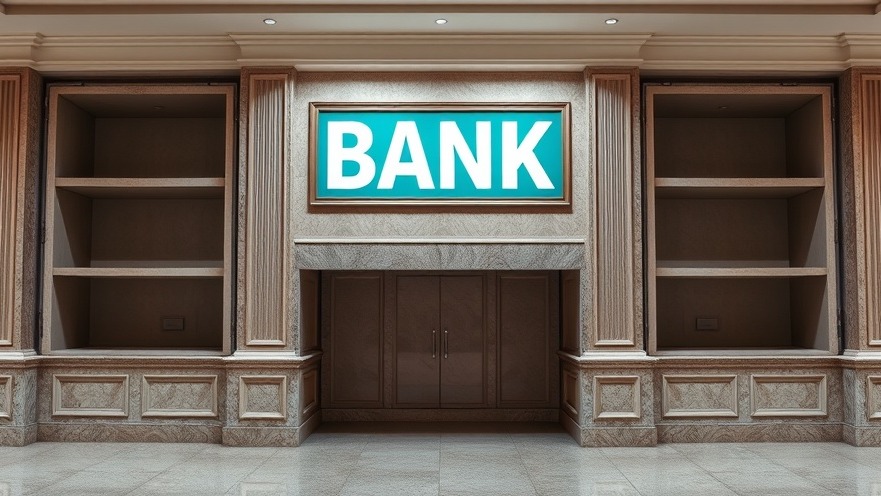
Understanding the Weight of Credit Card Debt
Credit card debt is more than just a financial statistic—it's a reality for millions of Americans. At its core, credit card debt arises when individuals borrow money through their credit cards, which is expected to be paid back plus interest. When balances aren't settled each month, interest compounds, turning manageable spending into a debilitating burden. Understanding how this debt accumulates is the first step towards finding relief; once individuals grasp the mechanics of their financial commitments, they can develop actionable plans for overcoming them.
Why Credit Card Debt is a Serious Issue
This type of debt often spirals into a cycle that affects both mental health and financial standing. High credit balances can lower credit scores, restricting access to future loans or credit. Additionally, a significant portion of one’s income may go towards debt repayment, creating an obstacle to saving for critical endeavors like education or home improvements. This situation can leave individuals feeling trapped, both financially and psychologically.
Signs It's Time to Act
Individuals may not always recognize the dangers of accumulating credit card debt until it becomes overwhelming. Key indicators of needing credit cards debt relief include struggling to make minimum payments and maxing out credit limits. Importantly, if individuals find themselves borrowing from new sources simply to settle existing debt or feel constant anxiety about finances, it's time to reassess their financial health.
Practical Steps to Alleviate Credit Card Debt
Taking control of credit card debt involves several straightforward strategies:
- Create a Budget: Tracking income and expenses is critical. A clear budget reveals spending habits and areas where costs can be trimmed.
- Eliminate Unnecessary Expenses: Simple lifestyle adjustments, such as skipping daily coffee runs, can free up resources to apply directly to debt.
- Employ the Debt Snowball Method: Prioritize paying off smaller debts first. This psychological boost can encourage persistence in tackling larger debts.
- Use Balance Transfers Wisely: Many credit card providers offer programs allowing users to transfer high-interest debt to cards with lower rates, making repayments more manageable.
When to Seek Professional Assistance
Recognizing when to reach out for help is paramount. There are various credit counseling services available that offer tailored advice and structured strategies for debt repayment. Engaging a professional may illuminate paths towards achieving credit cards debt relief that individuals may have overlooked.
Conclusion: Taking Control of Your Financial Future
Debt doesn’t have to be a perpetual state of being; numerous resources and strategies exist to help navigate out of financial turmoil. By employing these practical steps and possibly enlisting the aid of professionals, individuals can reclaim their financial health and pave a path toward a brighter economic future.
 Add Row
Add Row  Add
Add 



 Add Row
Add Row  Add
Add 


Write A Comment